9 Ridiculous Accidents That Changed the Course of History
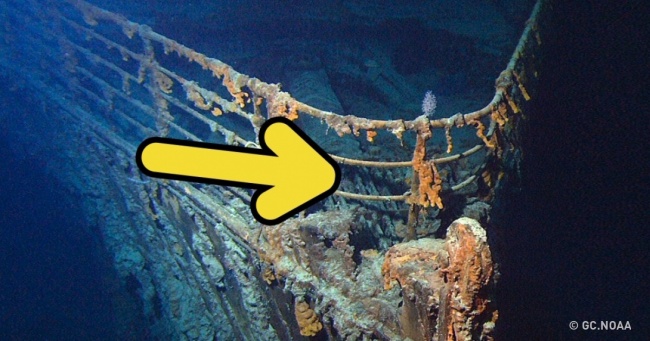
The whole world is built on chances, and you can probably find proof of this in your own life.
FunnyModo prepared a list of chance occurrences and mistakes that played a crucial role in the history of our world.
Translation issues and an atomic bomb
In 1945, the USA demanded capitulation from Japan. In his reply, Japanese Prime Minister Suzuki used the word “mokusatsu,“ roughly translated as ”we’ll think about it.“
During translation, the meaning was changed to “we ignore” and then to ”we treat your suggestion with contempt.”
Such a reply offended President Truman, and he ordered the dropping of atomic bombs on Japan.
Sources: wikipedia, thisjapaneselife, pangeanic
Titanic and the second officer
David Blair, the second officer on Titanic who was reassigned from the ship just before her first departure, accidentally kept the keys to a storage locker that contained binoculars. If not for that occurrence, the crow’s nest lookout would have been able to see the fateful iceberg and save the whole ship.
Negligence and penicillin
Alexander Fleming wasn’t a man of order, and it so happened that once he forgot about staphylococci in a petri dish for 2 weeks while he went on vacation. When he returned, he was surprised to find mold covering the dish with dead bacteria.
That’s how penicillin was found and became the foundation for most modern antibiotics.
Sources: pbs, books.google
A meteorite and Christianity
The Road to Damascus events played a colossal role in Christianity — and they were probably related to a meteorite fall.
On his way to Damascus, Apostle Paul saw a brilliant light in the heavens and went blind. He regained his sight after three days upon meeting Ananias, a Christian.
Paul saw this moment as an act of God and turned to Christianity himself.
Sources: newscientist, ancient-origins
The fall of the Berlin Wall and a politician’s absentmindedness
In 1989, Eastern German politician Günter Schabowski gave a hint during his speech that all limitations for crossing the Berlin Wall would be removed. A journalist asked him when exactly.
The politician said, “Right now,” — and the press immediately caught the word. Thousands of people came to the Berlin Wall demanding passage. To avoid riots, the government had to take down the wall. Thus, Schabowski inadvertently became the one to have destroyed the great border.
Sources: independent, nytimes
A scientist’s awkwardness and unbreakable glass
In 1903, scientist Edouard Benedictus let a vial fall on the floor. To his surprise, it didn’t shatter. He remembered there was a thin layer of cellulose nitrate on its walls from a previous experiment.
Benedictus used this new knowledge and eventually came up with so-called triplex glass which is used today to protect car drivers and their passengers from glass shards in an accident.
Sources: wikipedia, ideafinder, todayifoundout
Napoleon and France
Napoleon could’ve had a very different fate if not for one chance event: the island of Corsica, where he was born, had been given to France just a year before his birth. This made him a Frenchman by birth and let him grow into the man he became.
Sources: quora, alternativehistorychristos
X-rays
In 1895, German physicist Wilhelm Röntgen was experimenting with a newfound radiation and accidentally put his hand in its way. The sight of his flesh becoming transparent with only the bones remaining solid in the image shocked him. This discovery, as we now know, was a revolution in medicine.
Sources: howstuffworks, history
Constantinople and the unlocked gates
Constantinople withstood many sieges but fell to the Turks in 1453. That happened because one of several hidden gates, meant for discreet missions, turned out to be unlocked. No one knows how it occurred, but it’s through that gate the Turks were able to come inside the city and easily take it.
Preview photo credit gc.noaa

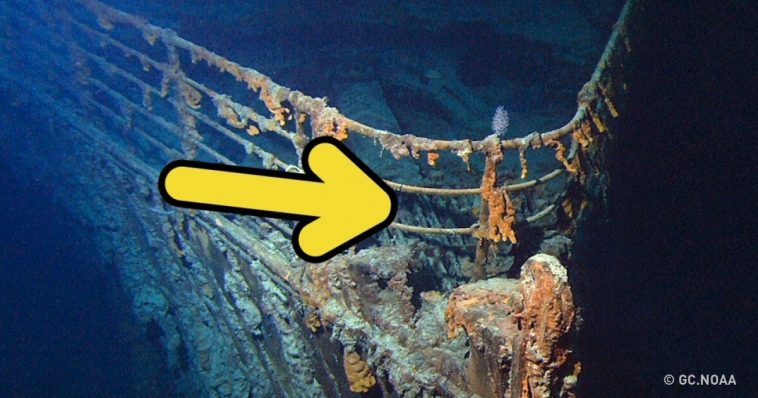
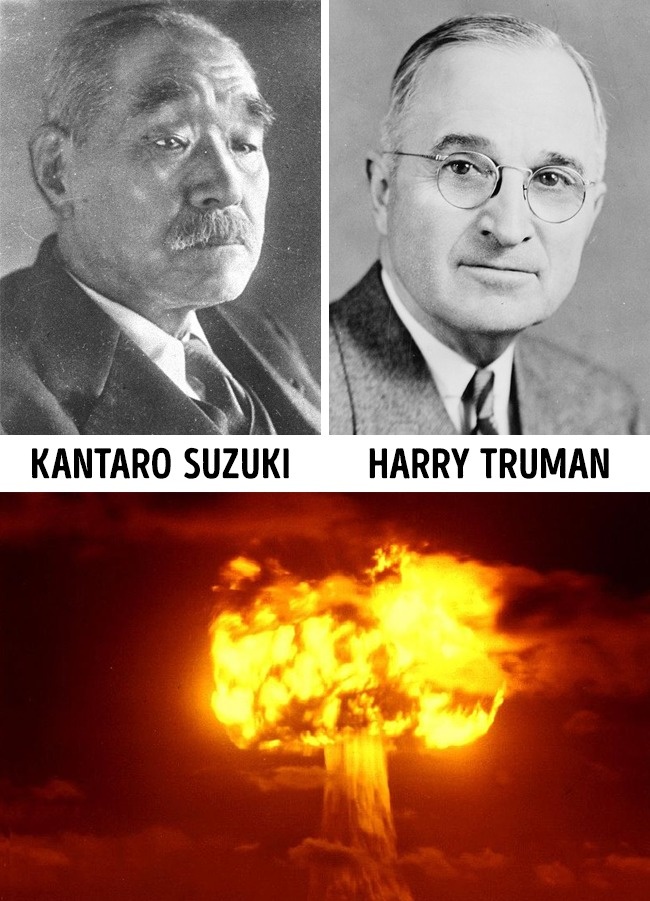
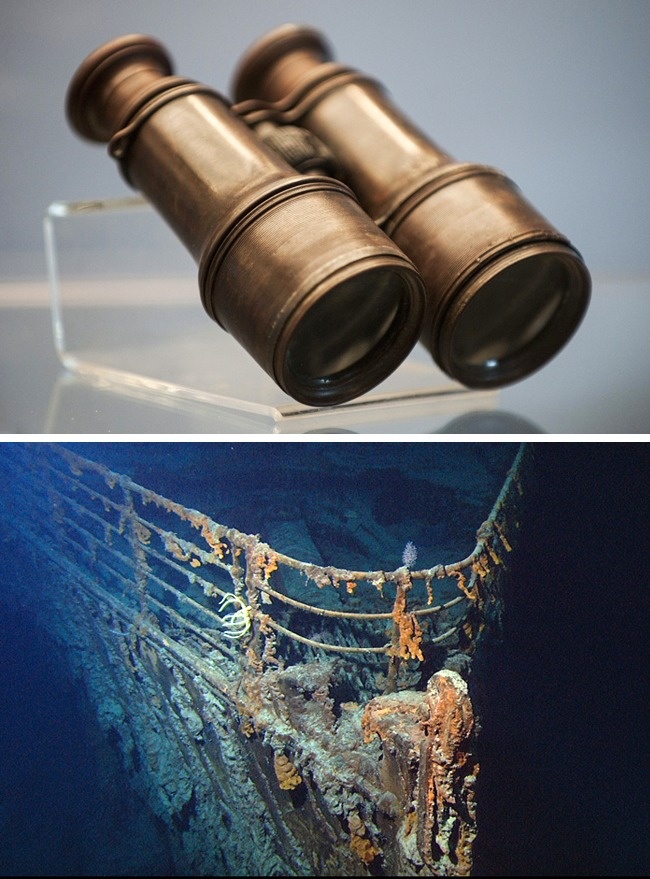
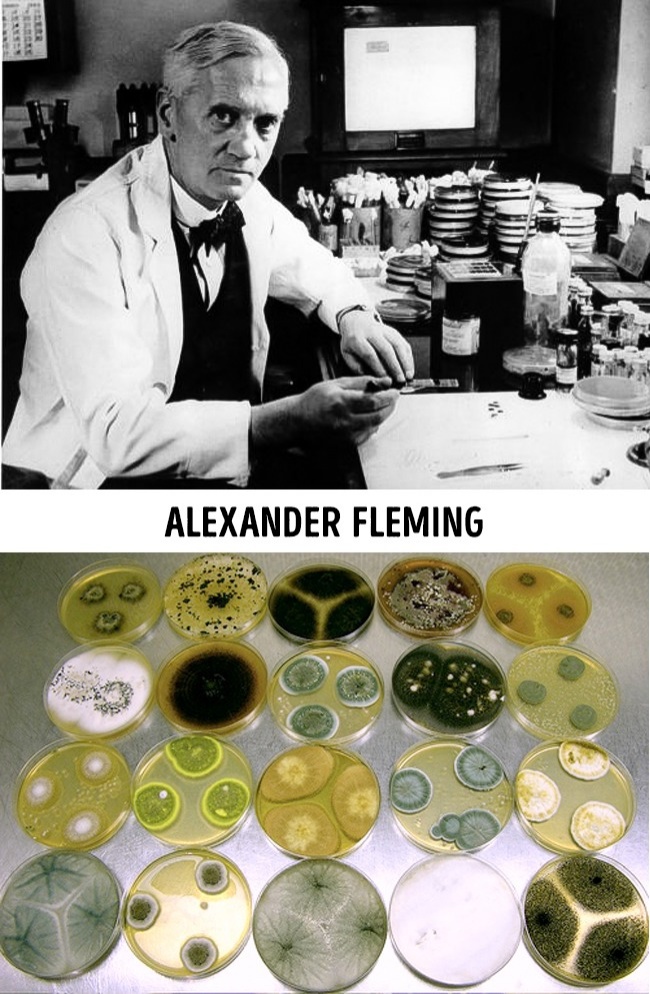
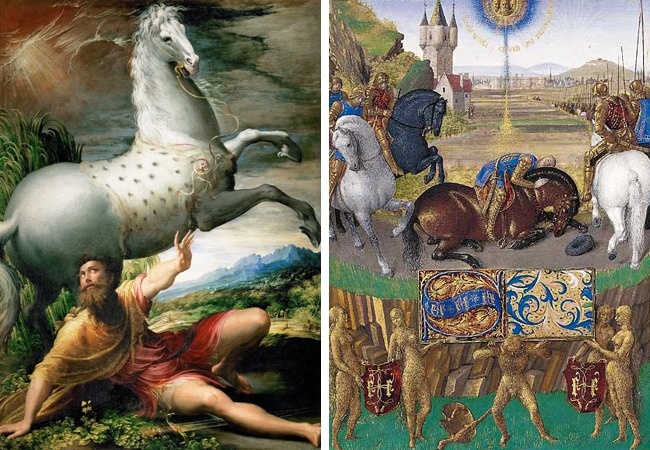

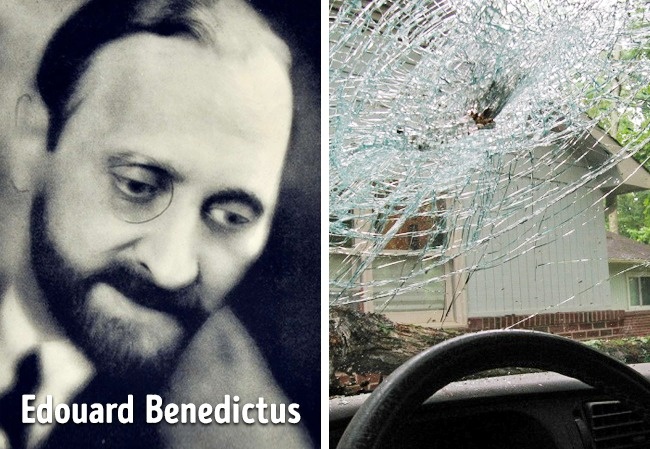
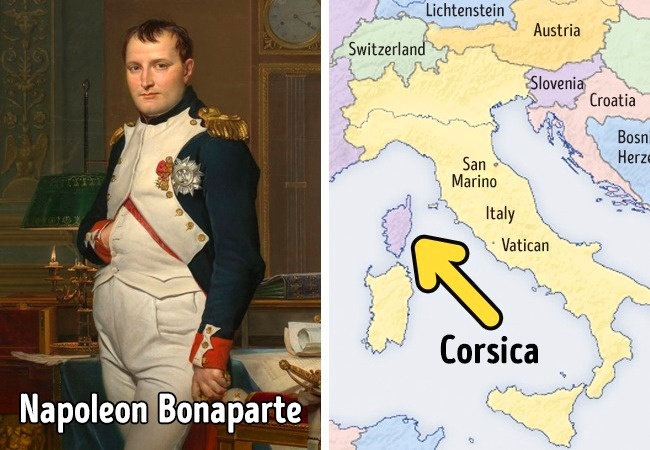
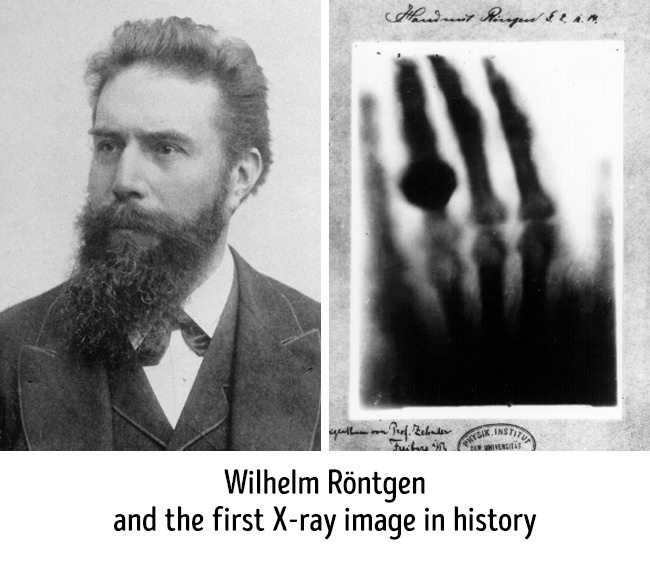
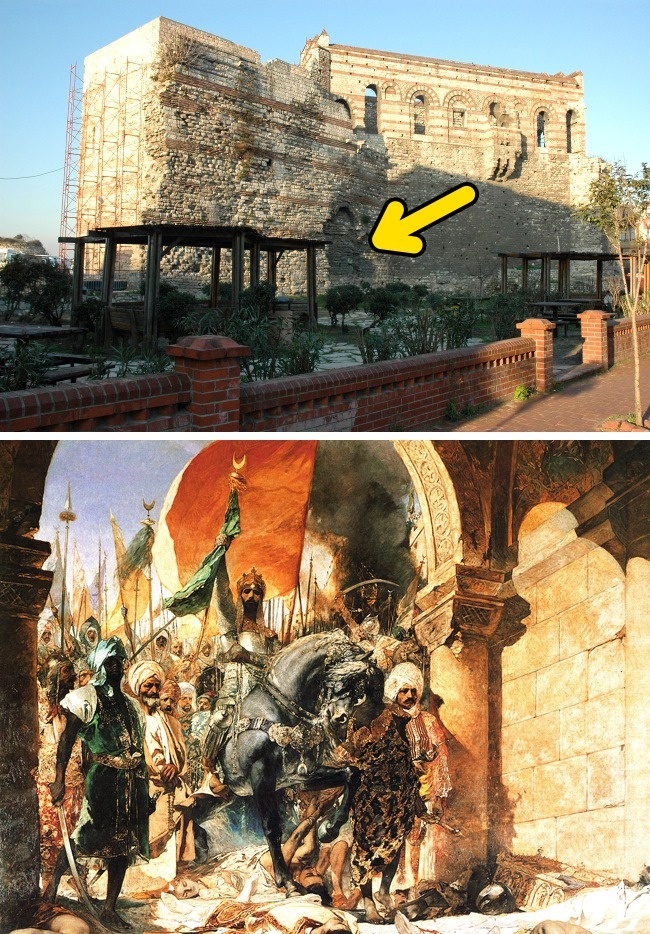
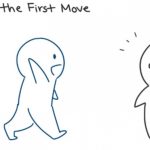

Comments